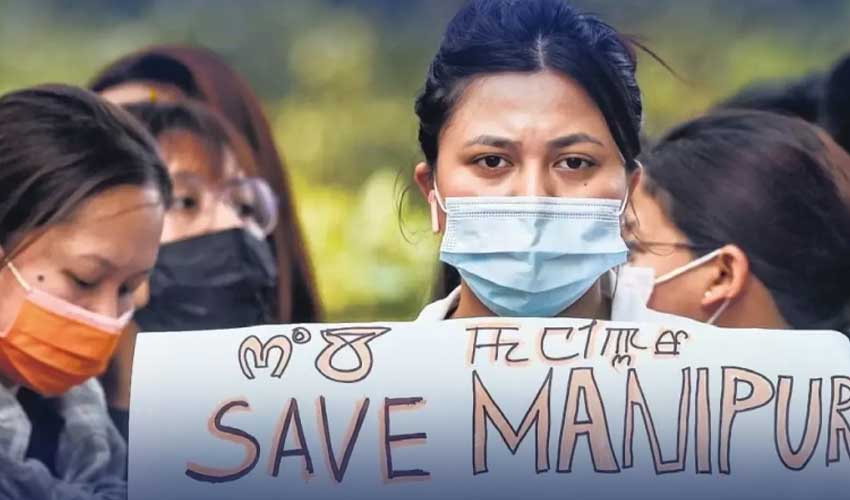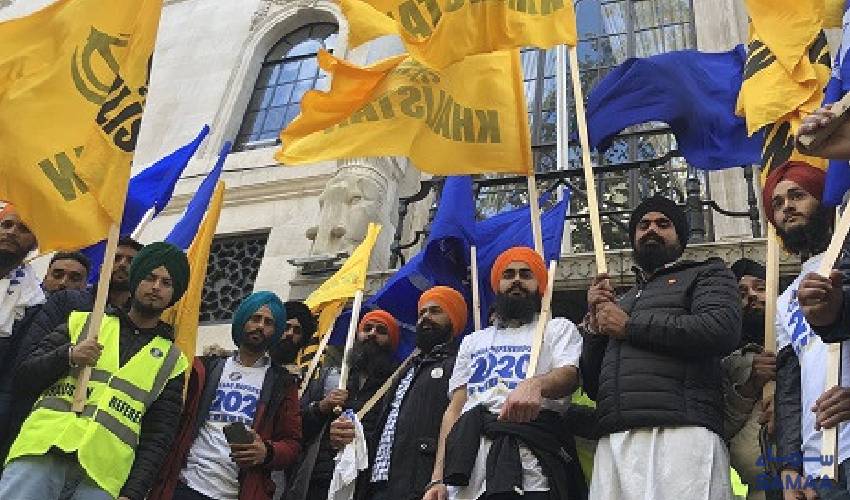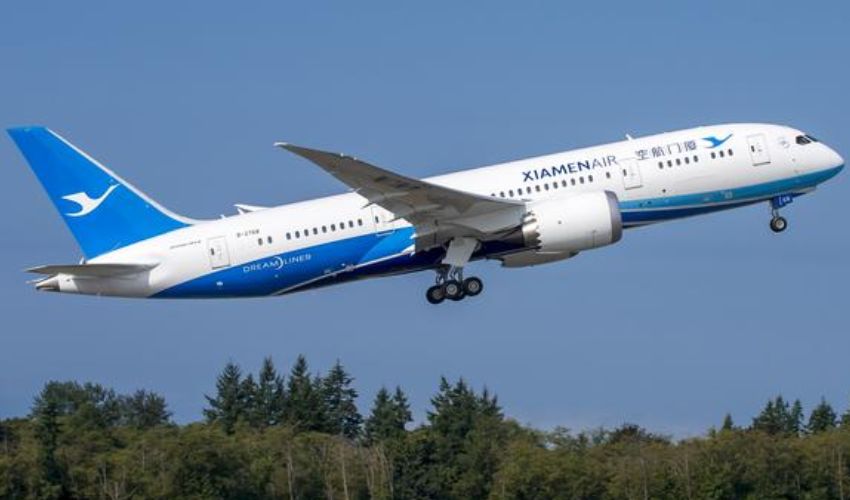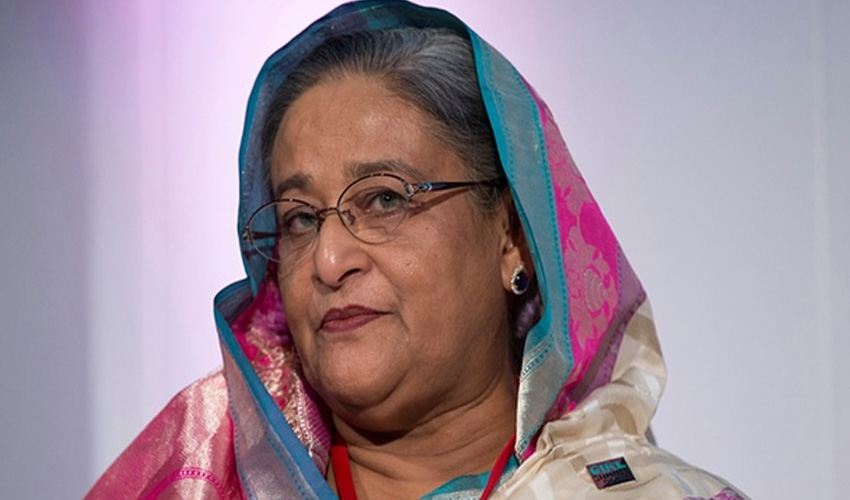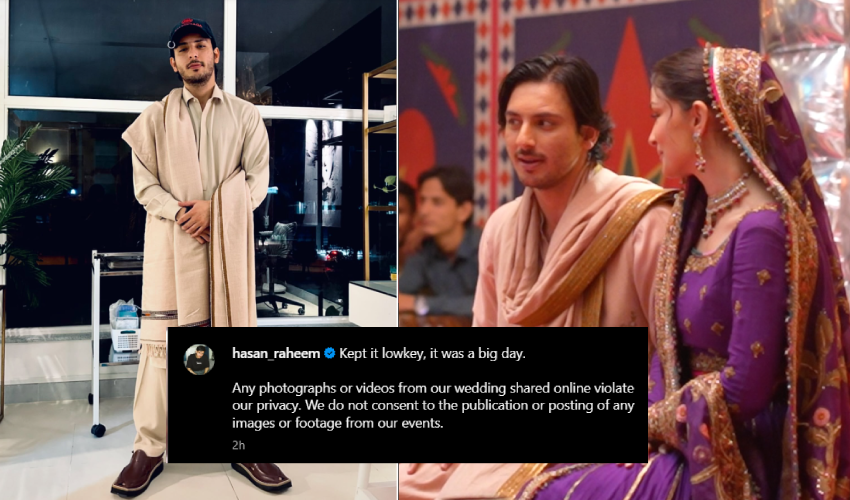Manipur continues to face a deepening crisis as ethnic tensions between the Kuki and Meitei communities have escalated, with the Modi government facing growing criticism over its handling of the situation.
The recent violence, which erupted on October 26th in the Churachandpur and Imphal districts, has led to a state of fear and uncertainty among the local population. The clashes, which involved gunfire and explosions, have caused civilian casualties and forced many residents to flee their homes.
The police have accused the Kuki community of initiating the attacks, a claim that has been strongly refuted by the local population. Instead, they argue that the police's heavy-handed response and alleged bias towards the Meitei community have further exacerbated the situation.
The ongoing conflict in Manipur has its roots in longstanding tensions between the two communities, which have been further exacerbated by the policies of the Modi government. The Kuki community has accused the government of favoring the Meitei community, leading to a perceived sense of marginalization.
Bimal Akoijam, a Congress leader in Manipur, has held the Modi government and the BJP responsible for the escalating violence, stating that their "inhumane policies" have contributed to the crisis. He has also criticized the government's apparent lack of intervention, describing it as a "silent spectator" to the unfolding humanitarian crisis.
The situation in Manipur has been volatile for over 500 days, with the latest flare-up being the result of the Modi government's alleged social polarization tactics. Civilians have borne the brunt of the conflict, with hundreds killed and thousands displaced, yet the central government has been accused of failing to take decisive action to restore peace and stability in the region.





